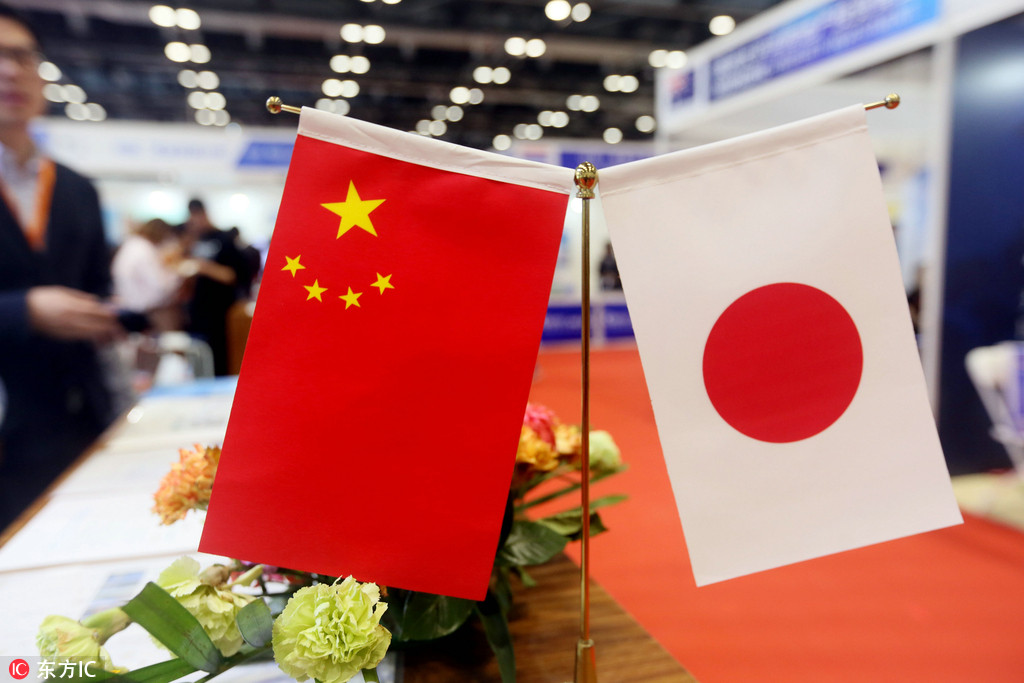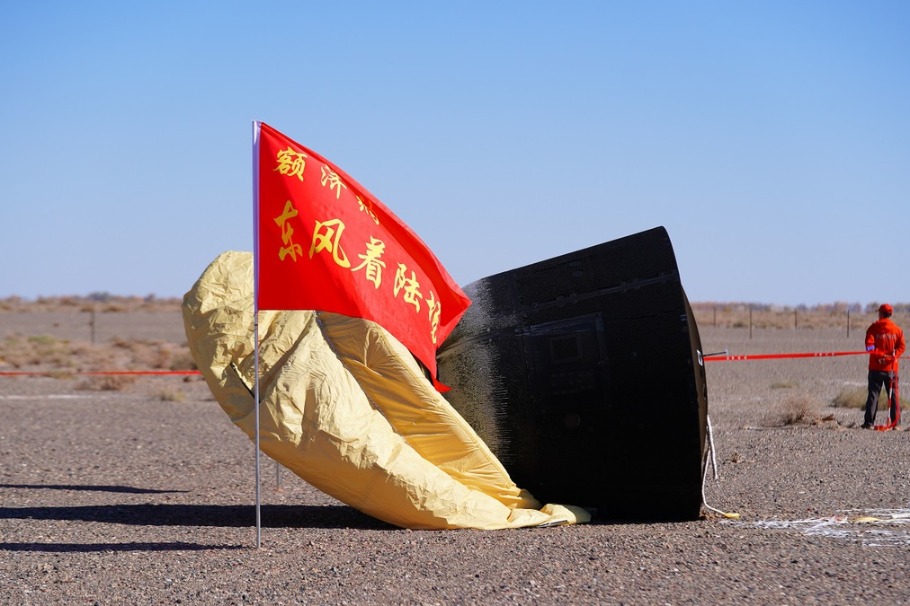Political trust key to Sino-Japanese ties: China Daily editorial


Chinese Vice Foreign Minister Le Yucheng and Japanese Vice Foreign Minister Takeo Akiba exchanged views on bilateral ties and international and regional issues of common concern at the China-Japan Strategic Dialogue in Japan on Saturday, which concluded with a proclaimed commitment to "building a China-Japan relationship consistent with the demands of a new era".
Although more symbolic than about technical specifics, the Dialogue, the 14th of its kind, was a further sign that ties are recovering, as it was the first to be held after a seven-year hiatus due to the two countries' longstanding diplomatic impasse.
Created in 2005, the mechanism served as an important channel for strategic communication between the two countries until its suspension in 2012. Frequent, timely bilateral interaction proved an essential anchor of bilateral ties in times of crises, until it came to a stop after the 13th, when Beijing and Tokyo locked horns over the Diaoyu Islands in the East China Sea.
Given how relations soured after that, it was natural that the just restored Dialogue should focus on macro-level concerns, especially the orientation of the bilateral relationship. As sources close to Beijing's diplomatic authorities have disclosed, Saturday's talks were more about clarifying each other's bottom lines, and discussing crisis management and future plans.
As the latest quarrel between Japan and the Republic of Korea demonstrates, Northeast Asian nations, China, the Democratic People's Republic of Korea, Japan and Republic of Korea in particular, remain in the shadow of history more than seven decades after the end of the World War II.
These four neighbors do need to find a way out of the debilitating quagmire of history so they can start a brand-new chapter for regional economic development and intra-regional relations.
For bilateral relations between China and Japan that meet the requirements of the new era, Beijing and Tokyo need to maintain close communication and strengthen high-level guidance so they can increase their political mutual trust and further expand their convergence of interests.
All being well, the two countries can continue to keep the bigger picture in mind and maintain the current positive momentum in their relations, given President Xi Jinping has accepted, in principle, the invitation of Prime Minister Shinzo Abe to visit Japan in spring next year.
That will be an opportunity for the two leaders to further shape a shared vision for future-oriented bilateral relations.


































